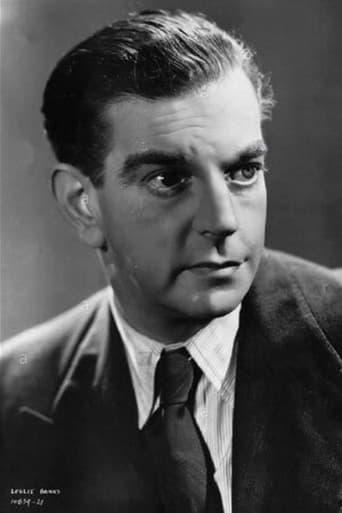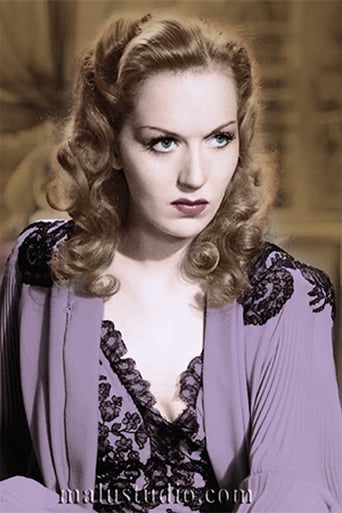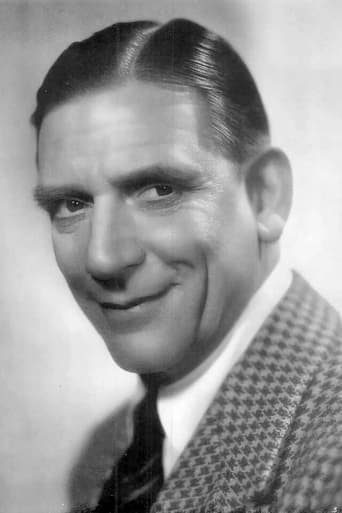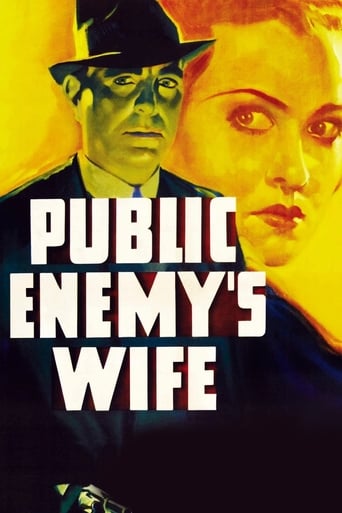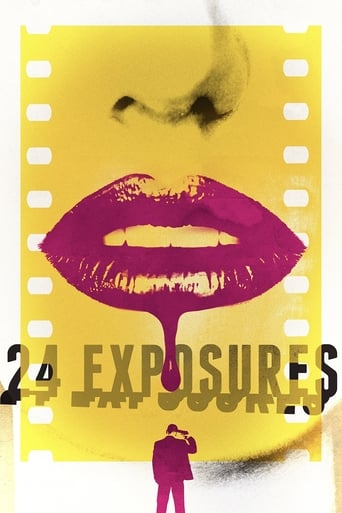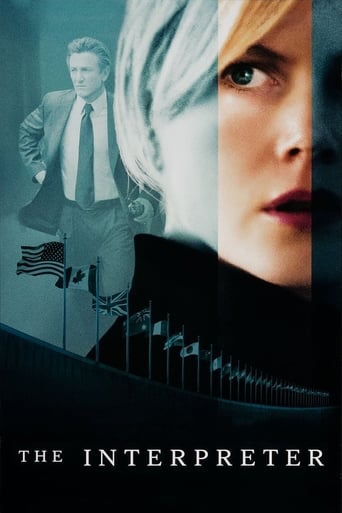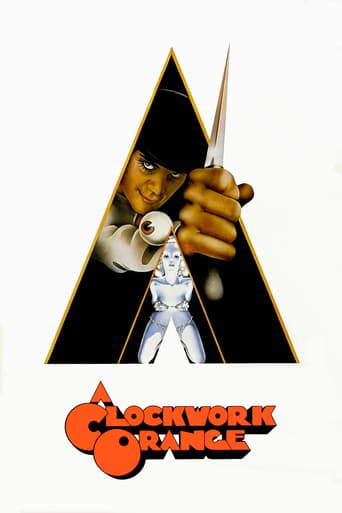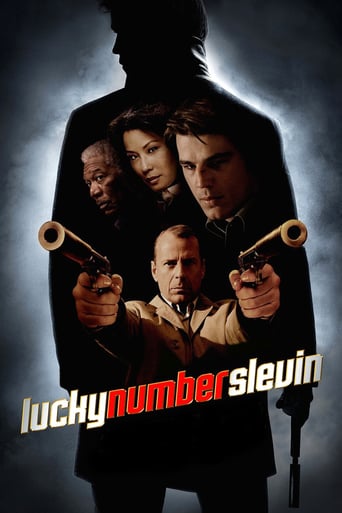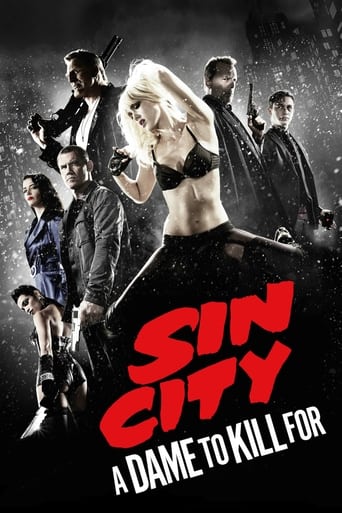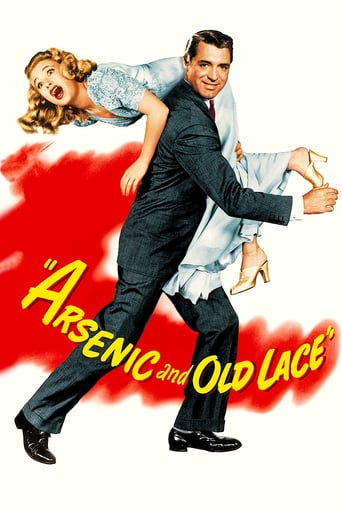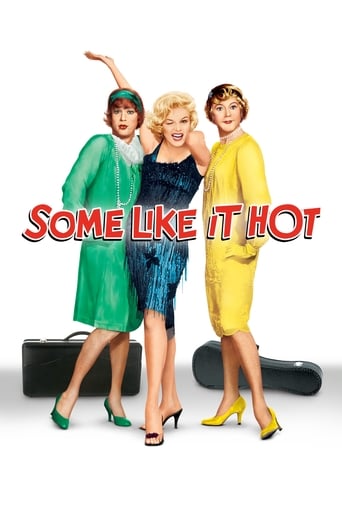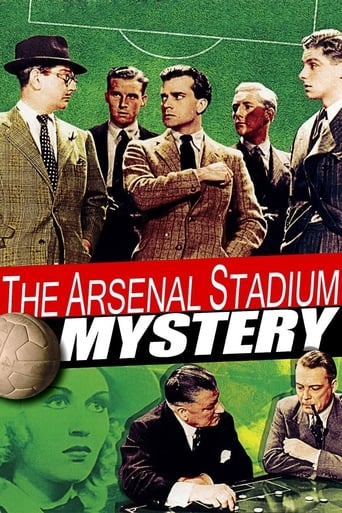
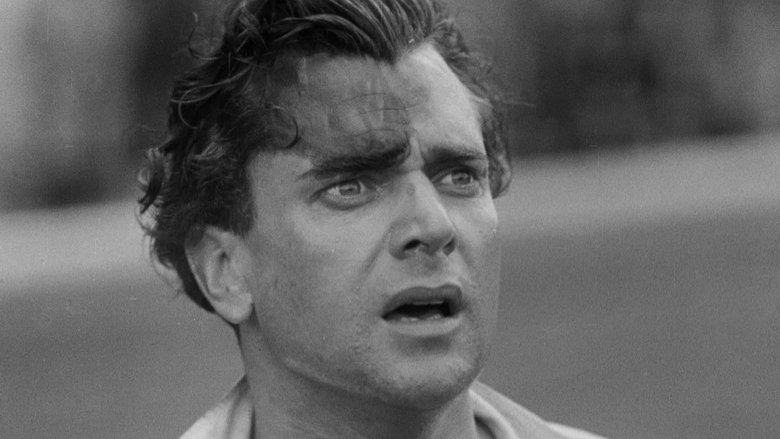
The Arsenal Stadium Mystery (1939)
During a charity football match between Arsenal and touring amateur side Trojans, the Trojan's new star player collapses and dies. Inspector Slade of Scotland Yard is called in and declares it was murder. It takes all his ingenuity and another death before the motive is discovered and the killer revealed.
Watch Trailer
Cast


Similar titles
Reviews
The dialogue at the start of THE ARSENAL STADIUM MYSTERY had me lost: " Inside left..wing backs ... five forwards " it wasn't until the manager of the home team said " The Trojans don't play like us , they have an attacking team " that I realised the plot involved Arsenal football club . It's strange watching this movie nowadays since the game has changed so much . In 1940 all footballers were A ) White B) Spoke Queen's English C) Smoked a pipe . While all supporters A ) Engaged in cheeky banter with the ref B ) Didn't sing foul mouthed songs C ) Were members of British Equity . But it's when a Trojan team member dies that the amusement really kicks off because the man leading the murder investigation is none other that Harry Enfield's Grayson character . No seriously he is , watch an edition of HARRY ENFIELD AND CHUMS and you'll see where the idea came from . There's even a subplot involving a Swedish blond which just goes to show that Sven Goran Erickson is much older than he looks .
Did you know that the game played at Highbury (The Arsenal Stadium,) before the outbreak of World War II, wasn't a big League match, an important FA Cup tie or even an International, it was in fact the game that was played in the film!!! Not alot of people know that! (But they do know now!)
Arsenal Football Club were the leading lights of English soccer in the 1930's and this diverting ,and very British ,movie is an attempt to capitalise on the acclaim they rightly had --and still enjoy today.A star member of an amateur team playing a charity match at the Arsenal ground in North London is killed and Scotland Yard is called in to investigate.The Inspector -played with tongue firmly in cheek by Leslie Banks-is a decidedly eccentric character ,one who sports a range of diverse headgear throughout .His methods are effective however and the case brought to a successful conclusion.Thorold Dickinson directs with shrewd attention to detail and the movie while no masterpiece works as a murder mystery while the little utilised soccer background adds interest especially for students of the game curious to see how the media of the time treated "the beautiful game"Guest slots from Arsenal stars of the period add interest.
There are several reasons to relish this curio. It was a prentice work by Thorold Dickinson, the Hitchcock assistant and cutter who would shoot "Gaslight" and "The Queen of Spades" before becoming Britain's first professor of film. It is one of the earliest sports movies to feature real sportsmen- acting very woodenly, as befits stiff-upper-lip soccer stars. It is anchored by a mischievously eccentric performance by Leslie Banks, who a few years later was to be the magnificent Chorus of Olivier's "Henry V".Above all, the film lets us glimpse pre-war Britain's, maybe the world's, leading football club. Arsenal FC, the "Gunners", had been raised to pre-eminence by Herbert Chapman, Britain's first modern soccer manager, until his untimely death in 1934. Five years later his team were still on top, coached by his deputy George Allison, who appears in the movie.Highbury Stadium, the setting for the murder, was state of the art. The scene in the treatment room underlines Chapman's far-sighted, scientific approach to caring for his players. He was an early advocate of floodlights and numbered shirts, and even got the name of the local Tube station altered to advertise the Gunners. The film was a massive plug for them; alas, soon after its release the Second World War meant that the lads had to pick up real guns and compete in a more dangerous game. Afterwards Arsenal did not recover its top-of-the-tree status for 25 years. Unwittingly this production memorialises its greatest era.


